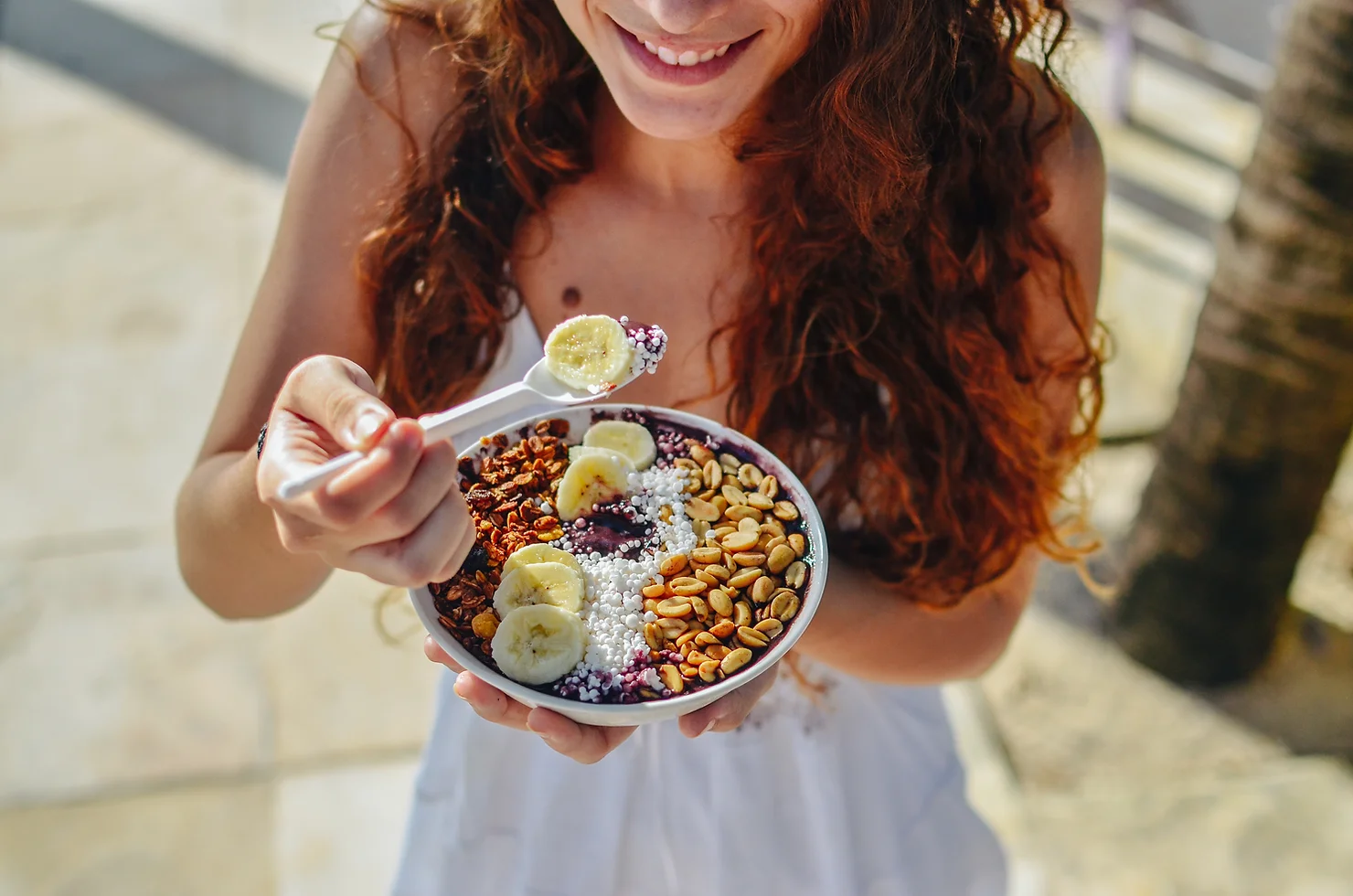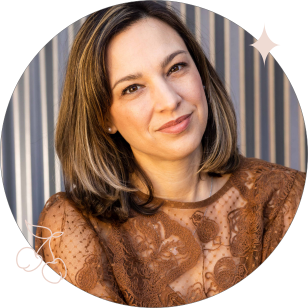We are entering part five of our series on Diet Culture. If you’re just jumping in with us, it may be helpful to first catch up on the preceding articles:
Diet Culture 101: You’re Impacted Even Without Dieting (part 1)
Diet Culture 101: Fad Diets + Medical Diets (part 2)
Diet Culture 101: Are Detox Programs or Cleanses Worth Your Money? (part 3)
Diet Culture 101: Stop Counting Points! (part 4)
We’re going to wrap up this series by giving you an understanding of a somewhat trendy topic in the anti-dieting community: Intuitive Eating.
We’ll explain what it is and what it isn’t.
If you are like most people with a history of rigid food beliefs, chronic dieting, or disordered eating behaviors, the step of tuning into and actually honoring your hunger, cravings, and food desires is a BIG start to understanding your body and it’s needs. Just honoring your hunger, fullness and food desires will lead to less of a feast and famine mentality, create peace around food and less guilt in indulging. It also can mean finally stepping away from the chronic calorie and macro tracking which fuels the rigid behaviors, and you may throw out your scale, or at least forget about it for a while.
I’ll give you an example of this in real life.
Joyce is an active runner who routinely trains for races (recreationally, but fairly seriously). She’s at a healthy weight and size for her body, her lab markers are mostly in the normal range and she feels good in her body. She eats healthfully most of the time, and though most weeks she’s fairly active, her training involves less active periods, and even several weeks where her activity level is basically sedentary. Joyce ate two pieces of pie every day for nearly a week around Thanksgiving last year on top of her “normal eating” meals and having a couple weeks of reduced activity. She reports that she didn’t think about her weight, the scale, or calorie tracking once. She wasn’t anxious about a couple weeks of reduced activity and increased food intake. And she also didn’t even think about pie in the weeks since then.
But is that “eat what you want and don’t worry about the health outcomes” mentality really intuitive eating?
For many people that have a long history of not tuning in to their body and hunger signals, the act of tuning into and honoring your hunger and fullness (and cravings!) is an excellent starting point.
But it’s probably more appropriate to call Joyce’s example the “honoring your cravings and letting go of guilt and diet-culture beliefs about food approach”, rather than actually eating intuitively. There are many reasons why we might have cravings or might choose foods and eating patterns that are not supportive to us.
When we are truly in balance, our intuition tends to be easier to hear and understand. And when something is out of balance we tend to crave the foods, eating patterns, and lifestyle habits that only increase the imbalance.
What is True Intuitive Eating?
The best way to share what true intuitive eating is is to start with basic intuition. We often talk about intuition when we say we have a gut feeling, or “we just know something” and logically, it may not always make sense. We make these gut-feeling decisions all the time when we choose a job that pushes us out of our comfort zone, or we make a big move, or opt against a medical procedure when it’s not the most logical thing to do. Intuition is where “we just know” something is right.
So how do we “just know” that a food is right for us or is what we need?
One of the best ways to begin to learn to be an intuitive eater is to pay attention to how you feel afterwards.
Intuitive eating can best be described as paying attention to and honoring what your body is telling you it wants and needs, rather than what your mind wants or craves.
When we eat most of our meals in balanced proportions and with all the components to support health, this goes a long way in helping us to tune in to and fine tune our intuition when it comes to food. When you work with us as a nutrition client, you learn about building balanced meals that are individualized to your needs.
And when you implement and keep going with choosing balanced meals, you’ll eventually be able to tune into how a food and meal makes you feel afterwards, and begin to notice the signs that show you your body is coming into balanced health.
This combination of honoring your hunger and fullness, and tuning into your symptoms and how you feel, and then adapting your meals to come into more balanced health when you’re becoming imbalanced, is true intuitive eating.
If you’re just throwing out the dieting mentality and eating two slices of pie a day long term like Joyce, eventually you’ll create more imbalance. You’ll be right back to where you started with wanting to weigh yourself all the time, restrict food or food groups, count calories or macros, and hop on another diet or exercise program. Or, you’ll be right back to the negative symptoms that are unique to you such as chronic digestive issues, or hormonal symptoms, or something else.
Why Be Intuitive Instead of Counting Calories (or macros, etc.)?
When you start to follow your intuition, you’ll begin to suss out the nuances that make the way of eating that is best for you individualized, rather than following some rigid diet plan. You will begin to notice the signs that your body didn’t approve of the food you ate. You’ll notice how you feel mentally and physically in the hours, days and weeks afterward.
Why is all of this even more important? Sometimes we need a little more help in knowing, are we eating enough despite what we think is intuitive eating? Is that food that I’m craving helping or harming my return to balanced digestion?, Is my daily pie or ice cream habit giving me the calories I need, but encouraging future imbalanced health down the road, and/or am I already showing signs of imbalance?
Now admittedly, if you have a lot of inflammation and various negative symptoms right now, the more challenging it will be for you to determine if your desire for certain foods are fueling more imbalance and more ongoing symptoms, versus a sign of true food intuition. If this sounds like you, we encourage you to reach out for a discovery call and learn about working with us – we can help with that!
So now you know what intuitive eating is and what it isn’t.
If you’re ready to learn How to Implement an Intuitive Approach, we are thrilled to announce we’ve developed a brand new hybrid group program called the Food Freedom Method to teach you all about it and more.
If you think talking to us may be the route you want to take, you can set up a free Discovery Call with us and we can help you define some goals and make the right choice for you.






